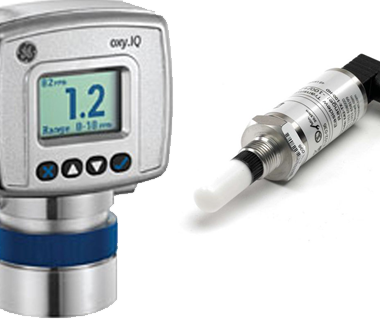Environment, Health and Safety Manual – Chapter 07.01: Environmental Affairs – Environmental Compliance Introduction
Title
Environment, Health and Safety Manual – Chapter 07.01: Environmental Affairs – Environmental Compliance Introduction
Background
The Environmental Affairs Group of the Environment, Health and Safety Department (EHS) at The University of North Carolina at Chapel Hill (UNC-CH or University) assists the University in complying with environmental regulatory compliance obligations including, but not limited to, Clean Air Act regulations, Clean Water Act regulations, Resource Conservation and Recovery Act regulations, Emergency Planning and Community Right to Know Act regulations, Toxic Substance Control Act regulations, Federal Insecticide, Fungicide, and Rodenticide Act (FIFRA) regulations and National Environmental Policy Act regulations.
The University is required to comply with all applicable environmental laws and regulations and the Environmental Affairs Group of EHS stewards that obligation for the University including the Cogeneration Steam and Electrical Power plant, the Operations and Maintenance facilities, the Planning and Construction design teams for University construction and demolition projects, teaching and research laboratories and other, smaller entities at the University requiring help and assistance toward regulatory compliance with environmental laws and regulations. In addition to meeting the general compliance obligations associated with environmental regulations, the University has several University specific environmental compliance permits that contain specific requirements for environmental compliance at the University.
Environmental permitting requirements are specific to the University and include testing, monitoring, record keeping and reporting functions associated with specific regulatory compliance permits for managing air pollutant emissions, managing and maintaining storm water quality, and the management, transport and disposal of wastes including hazardous and universal wastes, radioactive wastes and mixed wastes (i.e., waste that is both hazardous and radioactive), PCB waste, construction and demolition (C&D) waste, asbestos containing building material (ACBM) waste and municipal solid waste.
Purpose
The purpose of the Environmental Affairs Group’s role within the EHS Department at The University of North Carolina at Chapel Hill is to provide oversight and programmatic management of University operations that are subject to environmental compliance with regulatory requirements including air emissions from combustion sources and fugitive emissions sources, the protection and preservation of storm water quality associated with storm water runoff during precipitation events, work involving grading or digging in and around stream channels and flood plains, managing treated wastewater for beneficial reuse e.g., irrigation and cooling tower water, and managing wastes, including hazardous, radioactive and mixed wastes, that result from laboratory experimentation, hospital medical operations, and facility maintenance and operations.
Scope
The scope of Environmental Affairs Group oversight and management includes:
- Managing waste at The University of North Carolina at Chapel Hill including:
- hazardous waste
- universal waste
- radioactive waste
- mixed waste
- C&D waste
- ACBM waste
- PCB waste
- Municipal solid waste (MSW)
- Compliance with Clean Air Act Permits issued to the University (i.e., a Title V Permit for the University Cogeneration Steam and Electrical Plant, Manning Drive Steam Plant, and University campus emergency generators and fire water pumps
- Compliance with a small Air Permit for a gas flare at the former Town of Chapel Hill landfill
- Compliance with a small air permit for combustion emissions associated with an electrical generator fueled by land fill gas from the former Town of Chapel Hill landfill
- Storm water quality as a result of storm water runoff from University facilities as identified in the National Pollutant Discharge Elimination System (NPDES) Storm Water Permits and State Storm Water Permits
- Fuel storage tanks and containerized lubricants and oils at University operations and maintenance facilities
- Reclaimed Water usage for irrigation and toilet flushing as specified in the University’s Conjunctive Reuse Reclaimed Water permit.
- All other environmental regulatory compliance obligations associated with University operations
Contact Information
Policy Contact
Environment, Health and Safety
1120 Estes Drive
Campus Box #1650
Chapel Hill, NC 27599-1650
Phone: 919-962-5507
Proceed to Chapter 07.02 – Illicit Discharge Detection and Elimination Policy





